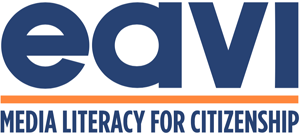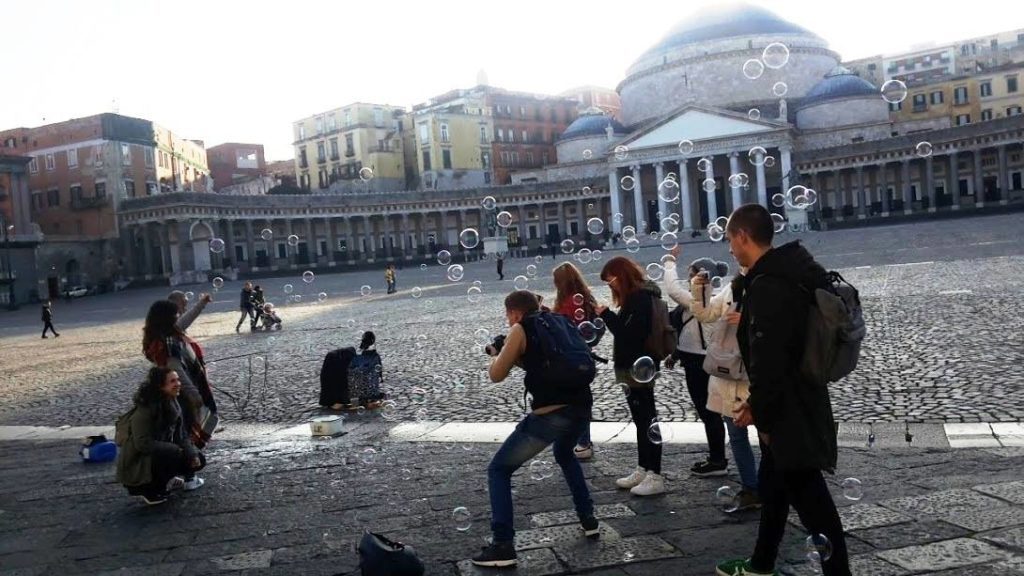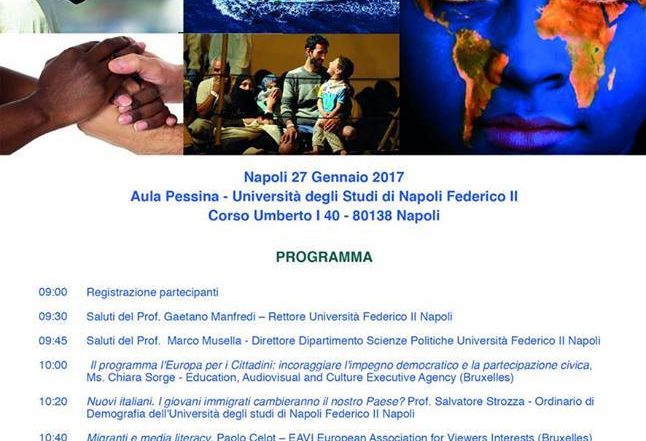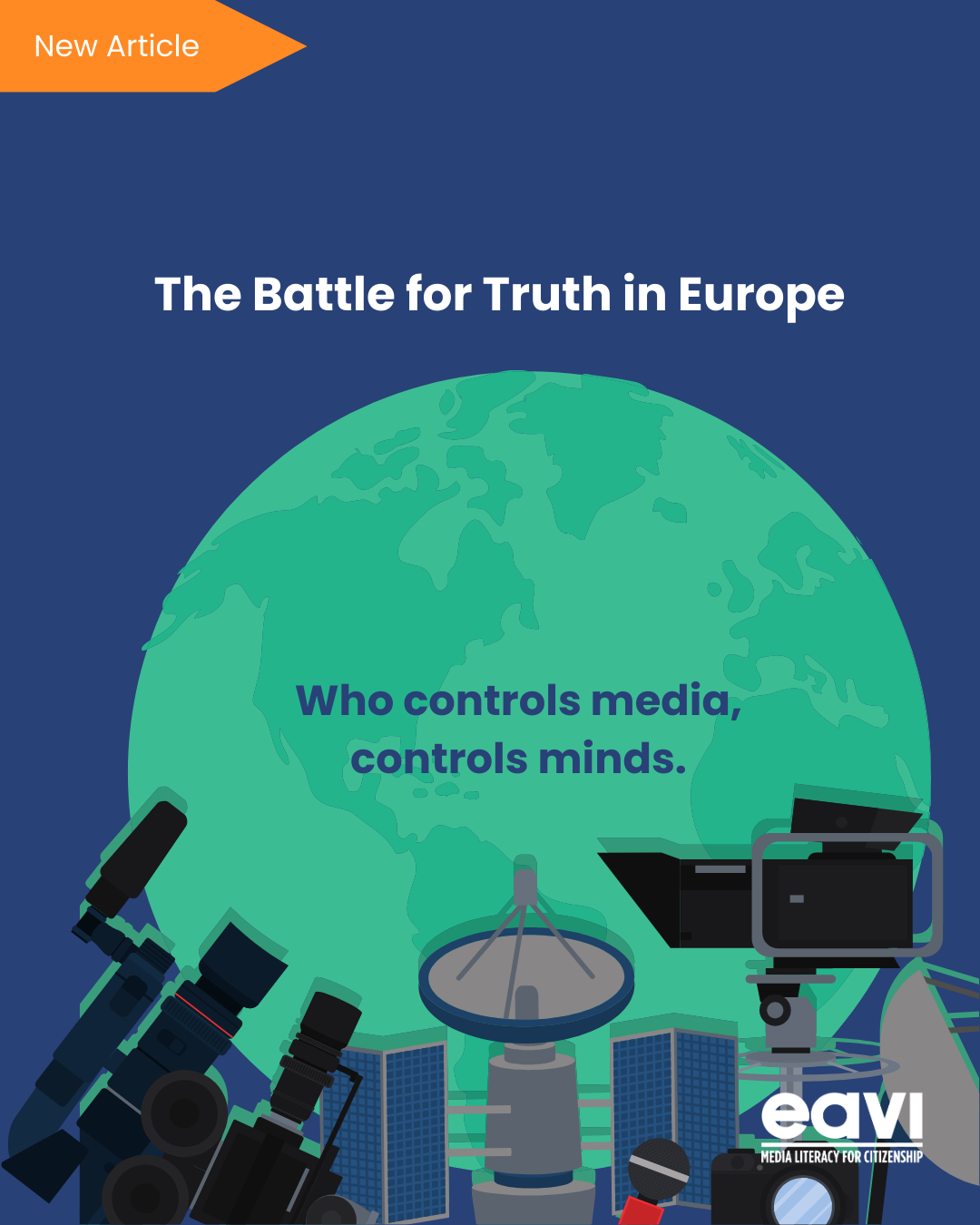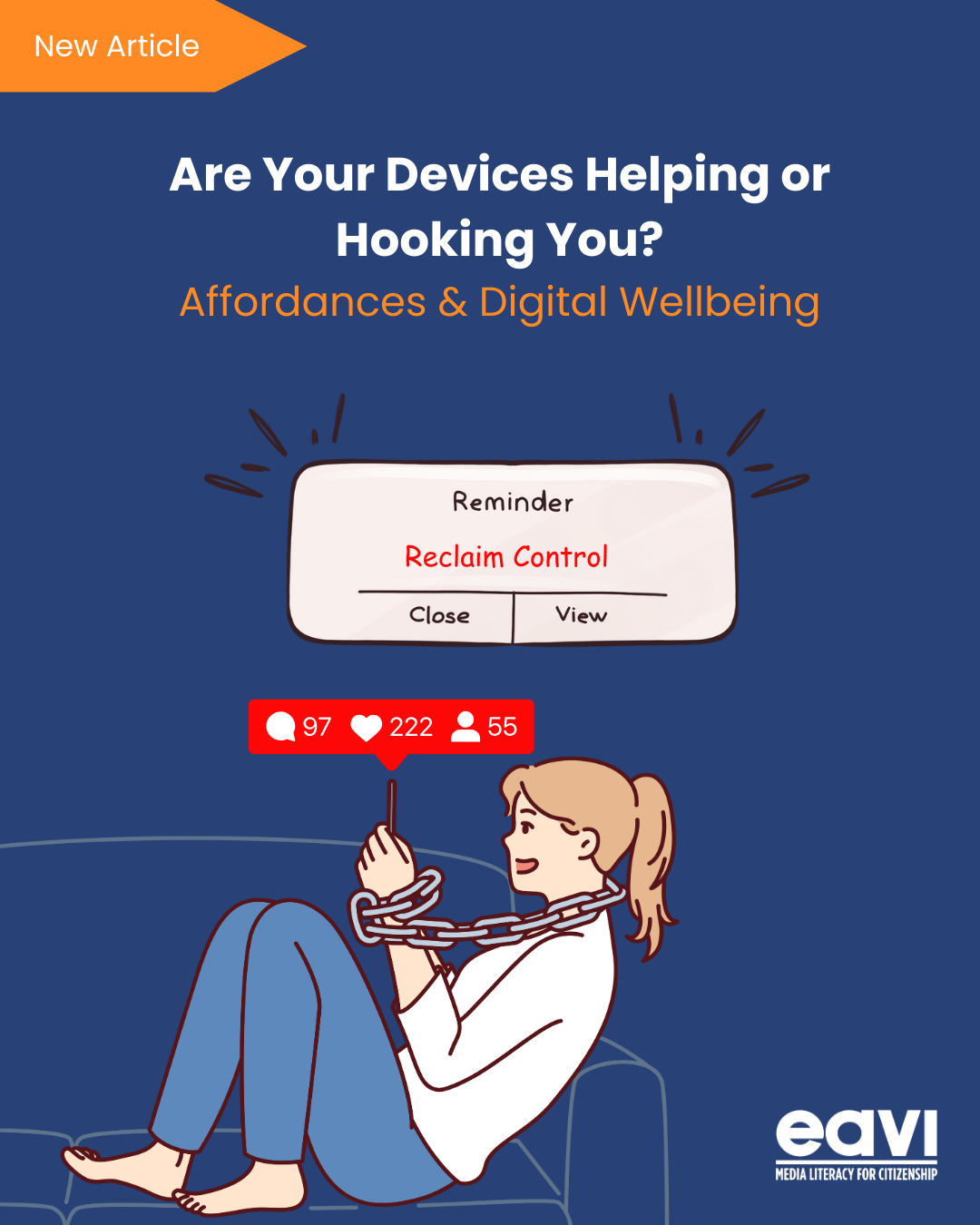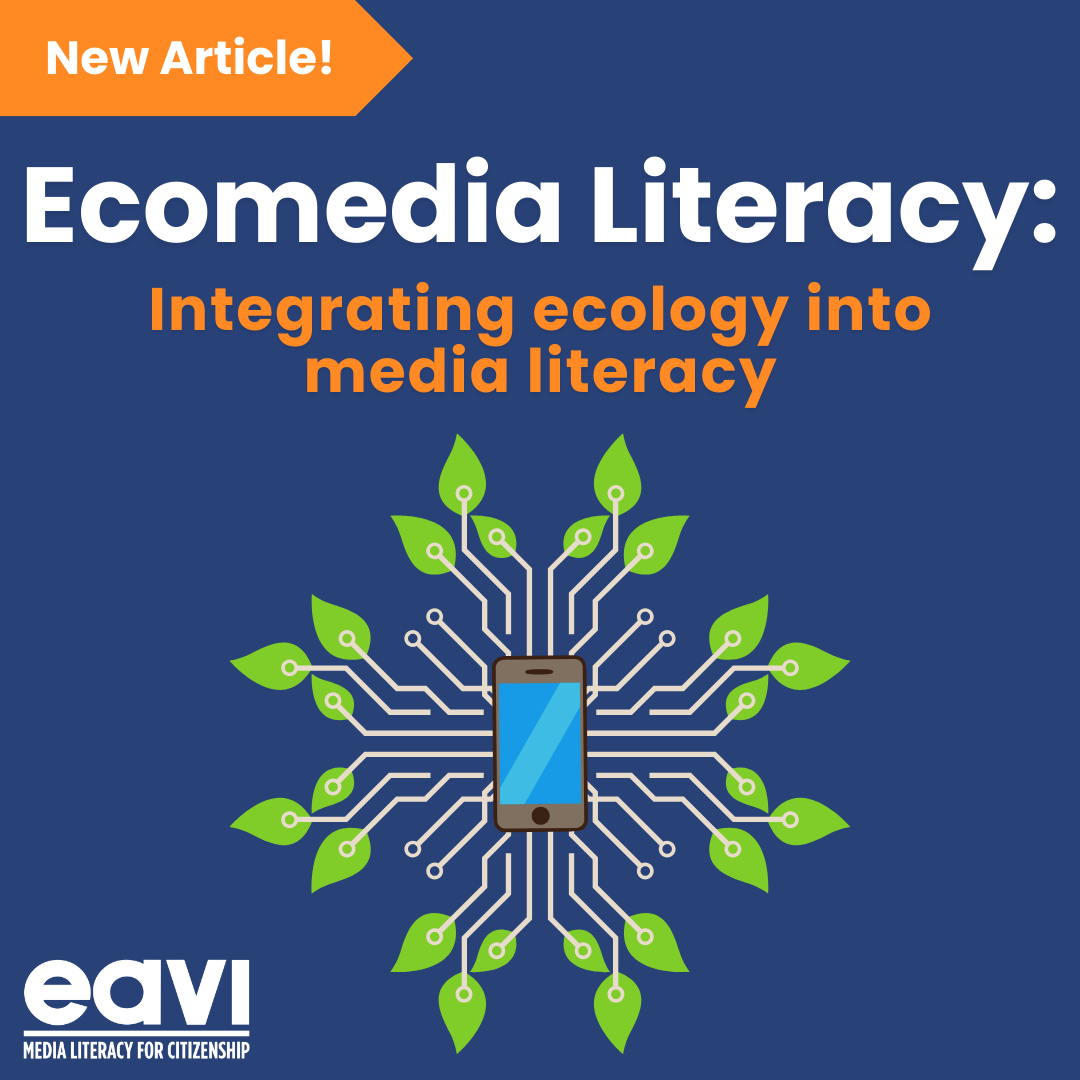Hosted in the prestigious venue of the University Federico II, the oldest public university in the world established in 1224, the latest #MyStory event took place in Naples, January 27.
The lecture hall was packed with students, migrants and civil society organisations interested in actively participating in the conference, over one hundred people in total, including some refugees whose story was the subject of a video clip produced by one of our partners, Euroform.
The debate touched upon migrants, media and Europe. A workshop on storytelling was delivered by the Holden School separately to about 50 students.
The main topic of the event aimed at illustrating how Europe, the so called Old Continent, could make use of fresh energies and competences from young migrants and refugees (who in most cases received a high school education back at home). And how at the same time this could represent a way to broaden their space of possibilities.
Within this context, the event also focused on the support provided by the European Commission to promote, not only with regards to this project, a Europe for citizens and a European concept of citizenship.
Another point made is that mainstream news seems to serve more commercial and political interests rather than the public interest. The use of stereotypes and propaganda is common practice to the detriment of truth-telling.
EAVI compared news to the nourishment we are fed with. How often is this food is bad for our health!? A media literate person is capable of selecting good food, discarding that which is toxic. In order to be successful in their selection, the recipients of news should be aware of why and how an article is written or a TV program is broadcast. Often content which is being broadcast or published underlies certain kinds of rhetorical narratives producing discrimination and hindering comprehension.
Stories about immigration can also be told without exploiting such clichés: numerous examples of successful stories of migrants and the organisations working with them were displayed during the event as an example of good practices.
A last intervention from a Togo citizen, who travelled across three African countries to attend the conference, reminded the audience of how powerful television can be in manipulating people’s minds. It is therefore important to take distance from news and get closer with the people that are the subject of these narratives. In this way, we overcome distances, misunderstandings and misrepresentations.
Hosted in the prestigious venue of the University Federico II, the oldest public university in the world established in 1224, the latest #MyStory event took place in Naples, January 27.
The lecture hall was packed with students, migrants and civil society organisations interested in actively participating in the conference, over one hundred people in total, including some refugees whose story was the subject of a video clip produced by one of our partners, Euroform.
The debate touched upon migrants, media and Europe. A workshop on storytelling was delivered by the Holden School separately to about 50 students.
The main topic of the event aimed at illustrating how Europe, the so called Old Continent, could make use of fresh energies and competences from young migrants and refugees (who in most cases received a high school education back at home). And how at the same time this could represent a way to broaden their space of possibilities.
Within this context, the event also focused on the support provided by the European Commission to promote, not only with regards to this project, a Europe for citizens and a European concept of citizenship.
Another point made is that mainstream news seems to serve more commercial and political interests rather than the public interest. The use of stereotypes and propaganda is common practice to the detriment of truth-telling.
EAVI compared news to the nourishment we are fed with. How often is this food is bad for our health!? A media literate person is capable of selecting good food, discarding that which is toxic. In order to be successful in their selection, the recipients of news should be aware of why and how an article is written or a TV program is broadcast. Often content which is being broadcast or published underlies certain kinds of rhetorical narratives producing discrimination and hindering comprehension.
Stories about immigration can also be told without exploiting such clichés: numerous examples of successful stories of migrants and the organisations working with them were displayed during the event as an example of good practices.
A last intervention from a Togo citizen, who travelled across three African countries to attend the conference, reminded the audience of how powerful television can be in manipulating people’s minds. It is therefore important to take distance from news and get closer with the people that are the subject of these narratives. In this way, we overcome distances, misunderstandings and misrepresentations.
Hosted in the prestigious venue of the University Federico II, the oldest public university in the world established in 1224, the latest #MyStory event took place in Naples, January 27.
The lecture hall was packed with students, migrants and civil society organisations interested in actively participating in the conference, over one hundred people in total, including some refugees whose story was the subject of a video clip produced by one of our partners, Euroform.
The debate touched upon migrants, media and Europe. A workshop on storytelling was delivered by the Holden School separately to about 50 students.
The main topic of the event aimed at illustrating how Europe, the so called Old Continent, could make use of fresh energies and competences from young migrants and refugees (who in most cases received a high school education back at home). And how at the same time this could represent a way to broaden their space of possibilities.
Within this context, the event also focused on the support provided by the European Commission to promote, not only with regards to this project, a Europe for citizens and a European concept of citizenship.
Another point made is that mainstream news seems to serve more commercial and political interests rather than the public interest. The use of stereotypes and propaganda is common practice to the detriment of truth-telling.
EAVI compared news to the nourishment we are fed with. How often is this food is bad for our health!? A media literate person is capable of selecting good food, discarding that which is toxic. In order to be successful in their selection, the recipients of news should be aware of why and how an article is written or a TV program is broadcast. Often content which is being broadcast or published underlies certain kinds of rhetorical narratives producing discrimination and hindering comprehension.
Stories about immigration can also be told without exploiting such clichés: numerous examples of successful stories of migrants and the organisations working with them were displayed during the event as an example of good practices.
A last intervention from a Togo citizen, who travelled across three African countries to attend the conference, reminded the audience of how powerful television can be in manipulating people’s minds. It is therefore important to take distance from news and get closer with the people that are the subject of these narratives. In this way, we overcome distances, misunderstandings and misrepresentations.
